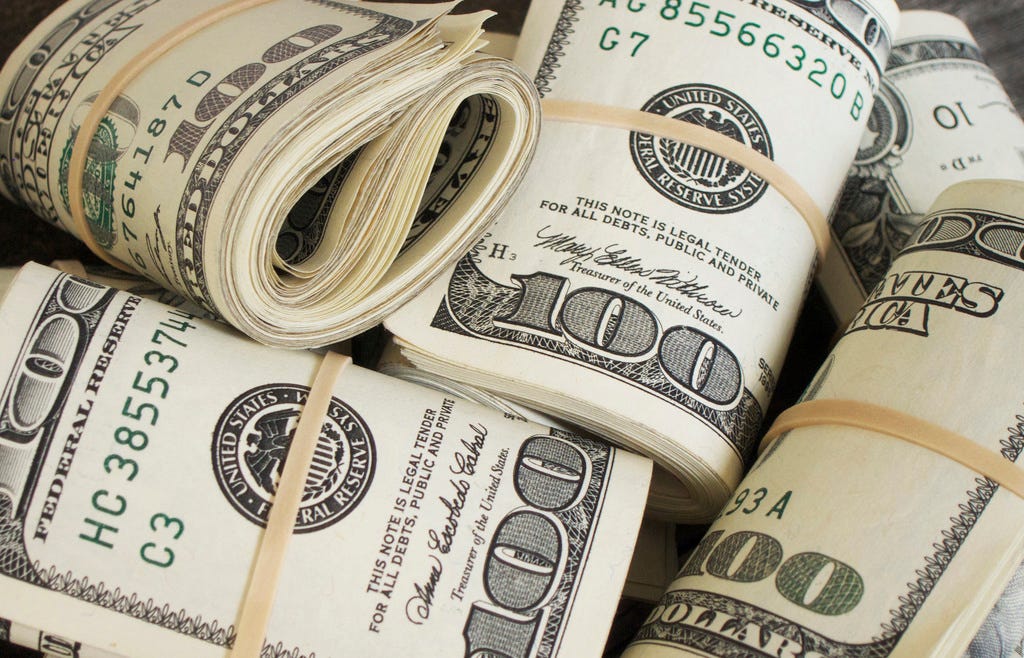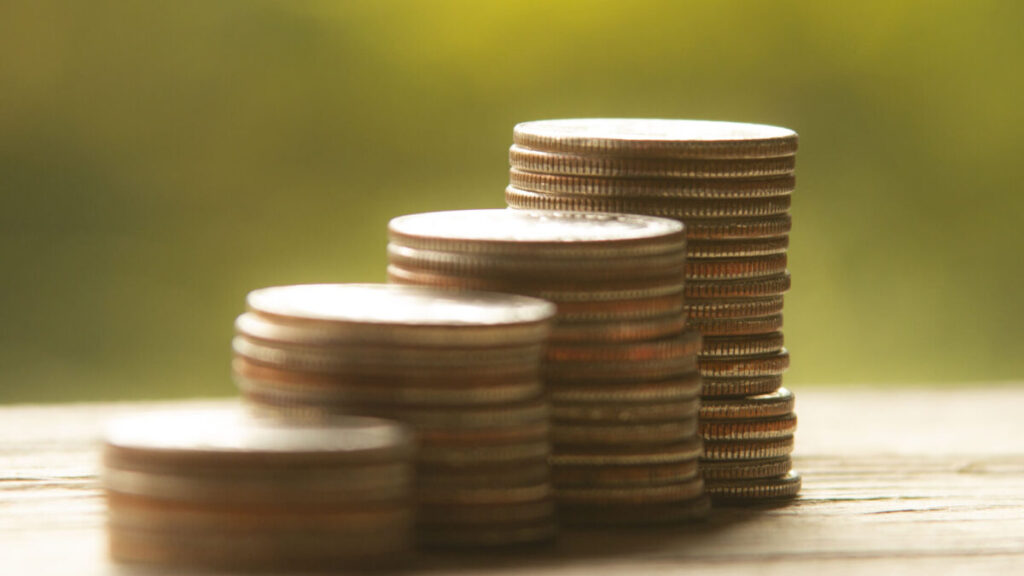Conquering debt, debt’s a weight that nearly everyone carries at some point—whether it’s those surprising expenses that, strangely, show up when you’re already barely hanging on, or that pile of credit card bills you keep pretending that they don’t exist, or student loans that seem to own you. The word itself? “Debt”, It’s like you’re already carrying something heavy, and then suddenly, more is added to the load.
But here’s the thing: Debt isn’t some villain that can’t be beaten—it’s just numbers. Numbers that might seem impossible now, but they can be worked with. (And if it feels like trying to climb Mount Everest in flip-flops? That’s completely fair.)
It’s easy to slip into that “here we go again” mindset. You know the one, thinking, “Another article, same old promises.” But let’s pause on that for a second. Instead of trying to tackle everything at once, (which is an all time bad idea), what if we took it step by step?
The goal here is to turn the overwhelming into something manageable. So grab a pencil and paper, to take notes of course, (you want remember it all), your coffee (or tea, or whatever you need to focus), and let’s get started. By the end, you’ll see that light at the end of the tunnel—and don’t worry, it won’t be a train.
Conquering Debt: Assess Your Financial Situation for a Clear Path Forward
Before diving into repayment, understand your financial landscape. This means listing all your debts, including balances, interest rates, and minimum payments. (Think of it as creating a debt “hit list”—it’s oddly satisfying to cross them off one by one.) Tools like budgeting apps or even a simple spreadsheet can help.
Why is this important? It gives you a full picture of your financial health and allows you to decide where to focus your efforts. (And let’s be honest—knowing the enemy is half the battle!)
Debt-Free Living: Create a Budget You Can Stick To
Budgeting is foundational for debt repayment. Start by tracking your income and expenses. Cut unnecessary spending (yes, those daily lattes can add up! But hey, we’re not saying give up coffee entirely—we’re not monsters) and redirect that money toward your debt.
- Prioritize essential expenses, like housing and groceries.
- Set limits for discretionary spending (e.g., entertainment—no, this doesn’t mean cancel Netflix, unless you’re brave).
- Automate savings to avoid temptations.
A zero-based budgeting approach, where every dollar is assigned a job, is a great option for ensuring your money works for you. (Even your dollars should pull their weight, no freeloaders here!)
Breaking Free from Debt: Pick the Best Repayment Strategy for You
Once your budget is set, choose a repayment plan that works best for you. Two of the most popular methods are:
The Debt Snowball Method
Pay off smaller debts first to build momentum.
Once a small debt is paid, roll its payment into the next debt.
Benefits: Quick psychological wins, motivation boost. (It’s like leveling up in a video game—small victories feel amazing!)
The Debt Avalanche Method
Focus on debts with the highest interest rates first.
Mathematically, this saves the most money in interest over time.
Benefits: Faster repayment and lower interest paid.
Both methods work—pick the one that keeps you motivated. (Snowballs or avalanches, choose your weapon!)
Eliminate Debt Faster: Consolidate or Refinance Smartly
Debt consolidation involves combining multiple debts into a single loan, often with a lower interest rate. This can simplify payments and save money over time. (It’s like turning chaos into order—a financial Marie Kondo moment!) Consider options like:
- Personal loans with lower rates than credit cards.
- Balance transfer credit cards (often with 0% introductory APR offers—just don’t forget to read the fine print).
- Refinancing student loans for better terms.
- Keep in mind, though: Consolidation isn’t a free pass. Avoid taking on more debt just because your monthly payment drops. (Think of it as dieting—just because you had a salad doesn’t mean you can eat an entire cake afterward.)
Avoid Common Mistakes on Your Journey to Conquering Debt
Here’s what often trips people up:
- Relying too much on credit cards: If you’re paying only the minimum, interest can snowball fast. (Think of it as rolling a snowball downhill—it grows into an avalanche before you know it!)
- Ignoring an emergency fund: Without one, unexpected expenses may send you spiraling back into debt. (Murphy’s Law loves a good financial mess-up.)
- Not adjusting your lifestyle: Debt payoff requires sacrifices, whether that’s cutting subscriptions or taking on a side hustle. (Yes, it might hurt to cancel that gym membership, but think of all the steps you’ll take dodging debt collectors!)
- Falling for get-rich-quick schemes: Be cautious about investing money you can’t afford to lose. (If it sounds too good to be true, it probably is. Sorry, there’s no secret crypto investment that makes you a millionaire overnight.)
Instead, here is some clever things to work on:
Build an Emergency Fund: The Key to Staying Debt-Free
While paying off debt is crucial, it’s just as important to build a financial cushion for emergencies. Aim for at least $1,000 to start. Once your high-interest debts are paid off, grow this to cover three to six months of expenses. (Think of it as your financial airbag—it might not stop a crash, but it’ll cushion the blow.)
Boost Your Income to Fast-Track Debt Repayment
Sometimes, cutting expenses isn’t enough. Finding ways to earn more can significantly speed up your debt-free journey.
- Take on side gigs: Popular options include freelancing, food delivery, or selling unused items online. (Who knew your old Beanie Babies could be a financial lifeline?)
- Ask for a raise: If you’ve been performing well at work, this could be a game-changer. (Just don’t storm into your boss’s office demanding one—they don’t like that.)
- Monetize hobbies: Love photography, crafting, or writing? Turn that passion into a source of income. (And if all else fails, you could always try stand-up comedy—laughter pays too, eventually.)
Celebrate Milestones: Stay Motivated While Conquering Debt
Debt repayment is a marathon, not a sprint. Celebrate small victories to keep yourself motivated. Paid off your smallest credit card? Treat yourself to something small and guilt-free. (Maybe a cupcake—just don’t charge it!) Cleared a big loan? Share the achievement with friends or family.
Debt-Free Living Tips: How to Stay Out of Debt Long-Term
Once you’re debt-free, the real challenge begins: staying that way. Here’s how:
- Live within your means: This might seem obvious, but it’s the most important principle. (No, you don’t need that $500 gadget that just brews tea.)
- Continue budgeting: Just because you’re out of debt doesn’t mean you can throw caution to the wind.
- Save for big purchases: Want a new car or a vacation? Save up instead of swiping your card. (Your future self will thank you.)
- Educate yourself financially: Read personal finance books, listen to podcasts, and stay informed about money matters. (Knowledge is power—and also, it’s free if you borrow from the library!)
The Psychological Benefits of Breaking Free from Debt
Getting out of debt? It’s not just about numbers, it’s about that feeling—you know, like when you realize you’ve been carrying around a bag full of bricks and someone finally tells you to put it down. (Like, really put it down.) No more sweating over bills you can’t make, no more having to think about how much the credit card’s gonna mess with your head when you look at it.
When you’re free from that stuff, it’s like you’ve been holding your breath forever and now, suddenly, you can actually breathe. It’s crazy how much space opens up in your brain when you’re not constantly thinking about money and how you’re gonna pay the next thing. You can even think about saving for things you actually care about—or, hey, taking that trip you’ve been putting off for, what, years? It’s not all easy, but getting there is so worth it.
Conquering Your Debt for Good
conquering debt? Yeah, it doesn’t need to control your life unless you let it. (Think of it like that bad habit you keep promising to quit—it’s time to really kick it.) All you gotta do is figure out where the heck you’re at with your money, pick a plan that doesn’t make your brain explode, and actually stick with it. Easy, right?
No need for crazy big moves or a lightbulb moment. It’s about those small, boring choices that add up over time. Sure, some days you’ll feel like you’re just crawling, but every time you say “not today, debt,” you’re closer to not even thinking about it anymore. (And one day, you’ll be like, “Wait, I actually did this?”)
Conquering Debt: Powerful Links to Boost Your Financial Future
| Relevant Resource | Anchor Text |
|---|---|
| Mint: Budgeting App | “Simplify your financial planning with Mint’s budgeting tools.” |
| NerdWallet’s Guide to Debt Consolidation | “Discover effective debt consolidation strategies to regain control.” |
| Fidelity: How to Build an Emergency Fund | “Learn how to build an emergency fund and stay debt-free.” |
| Forbes: Best Side Hustles to Boost Income | “Explore top side hustles to increase income and conquer debt faster.” |
| Dave Ramsey: Debt Snowball Method | “Understand the snowball and avalanche methods for strategic debt repayment.” |
| Self-Discipline: Master Your Habits | “Discover how self-discipline can accelerate your journey to financial freedom.” |
| Minimalist Living: Save More, Spend Less | “Learn how minimalist living can help you save more and achieve financial freedom.” |


